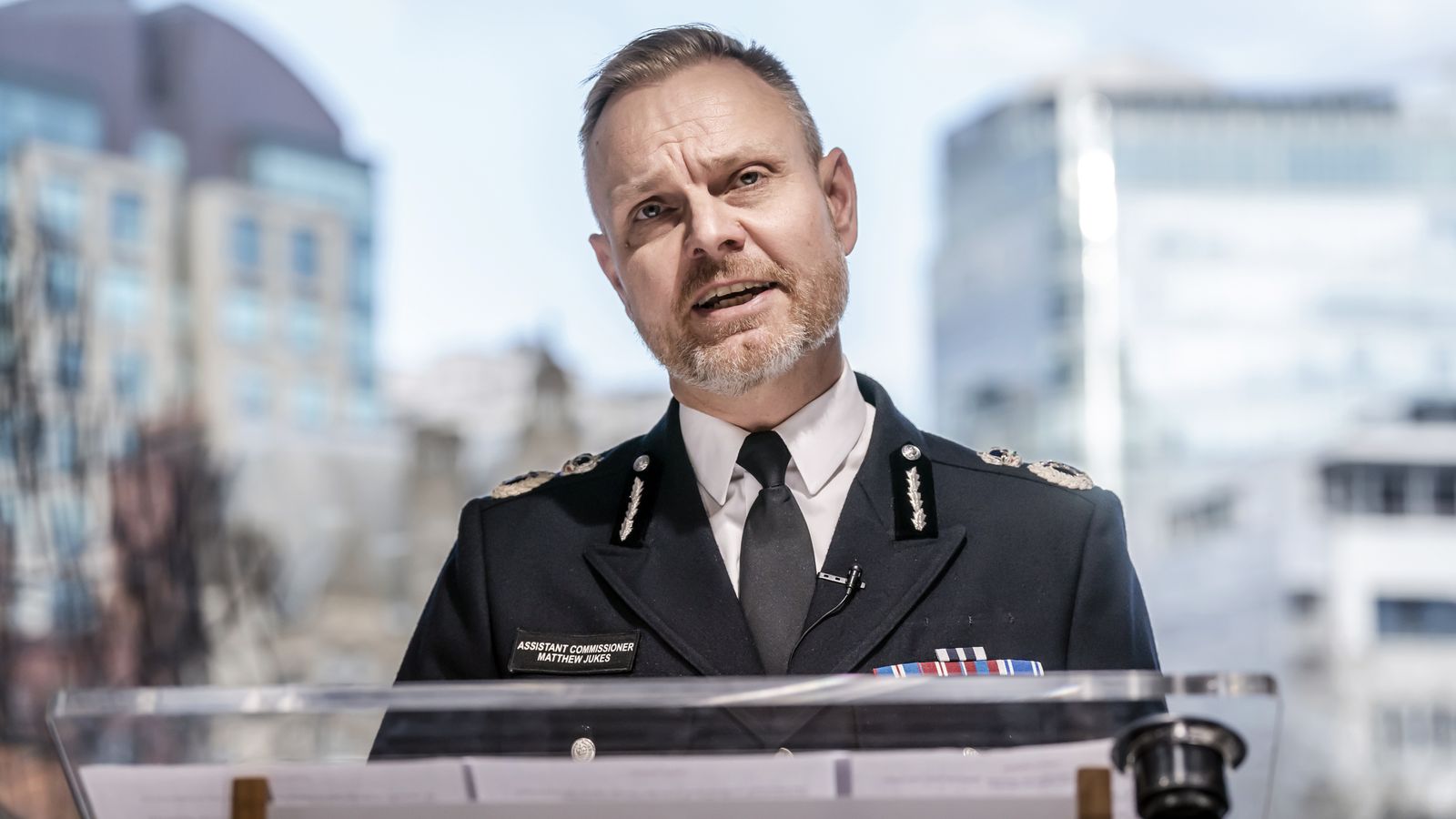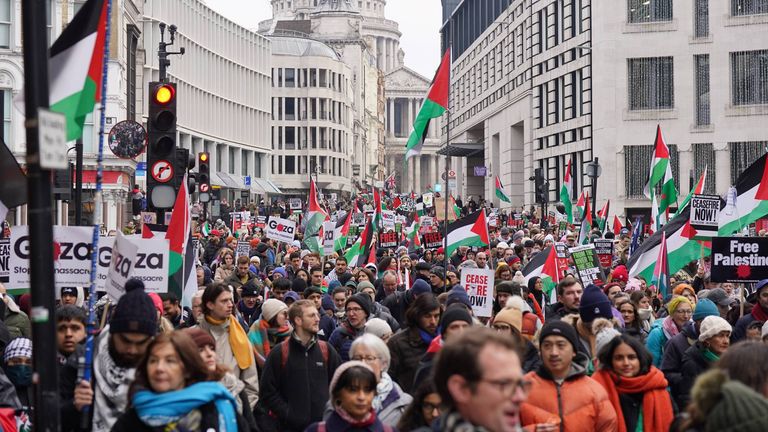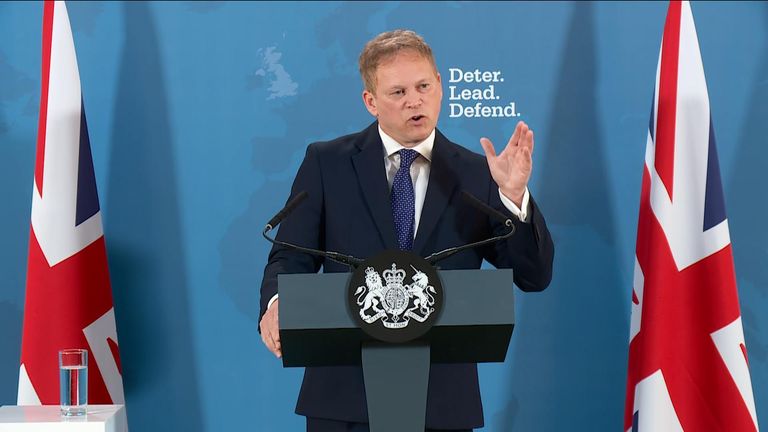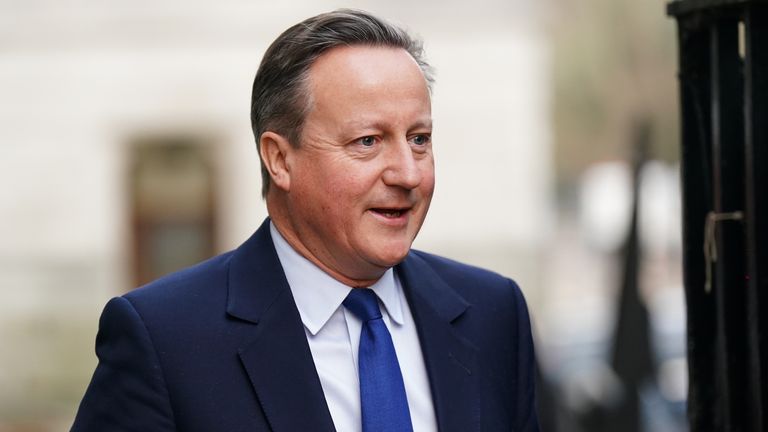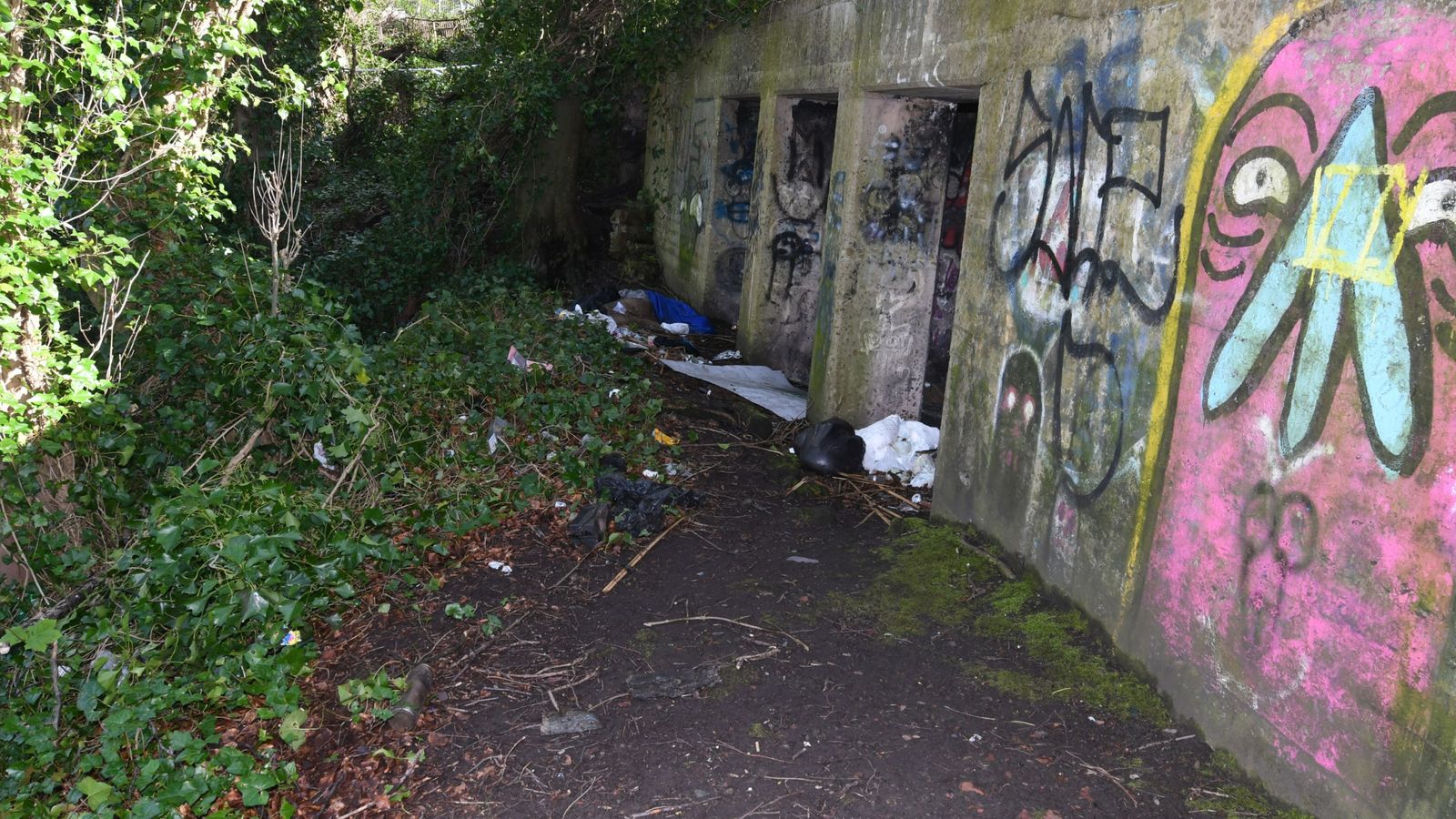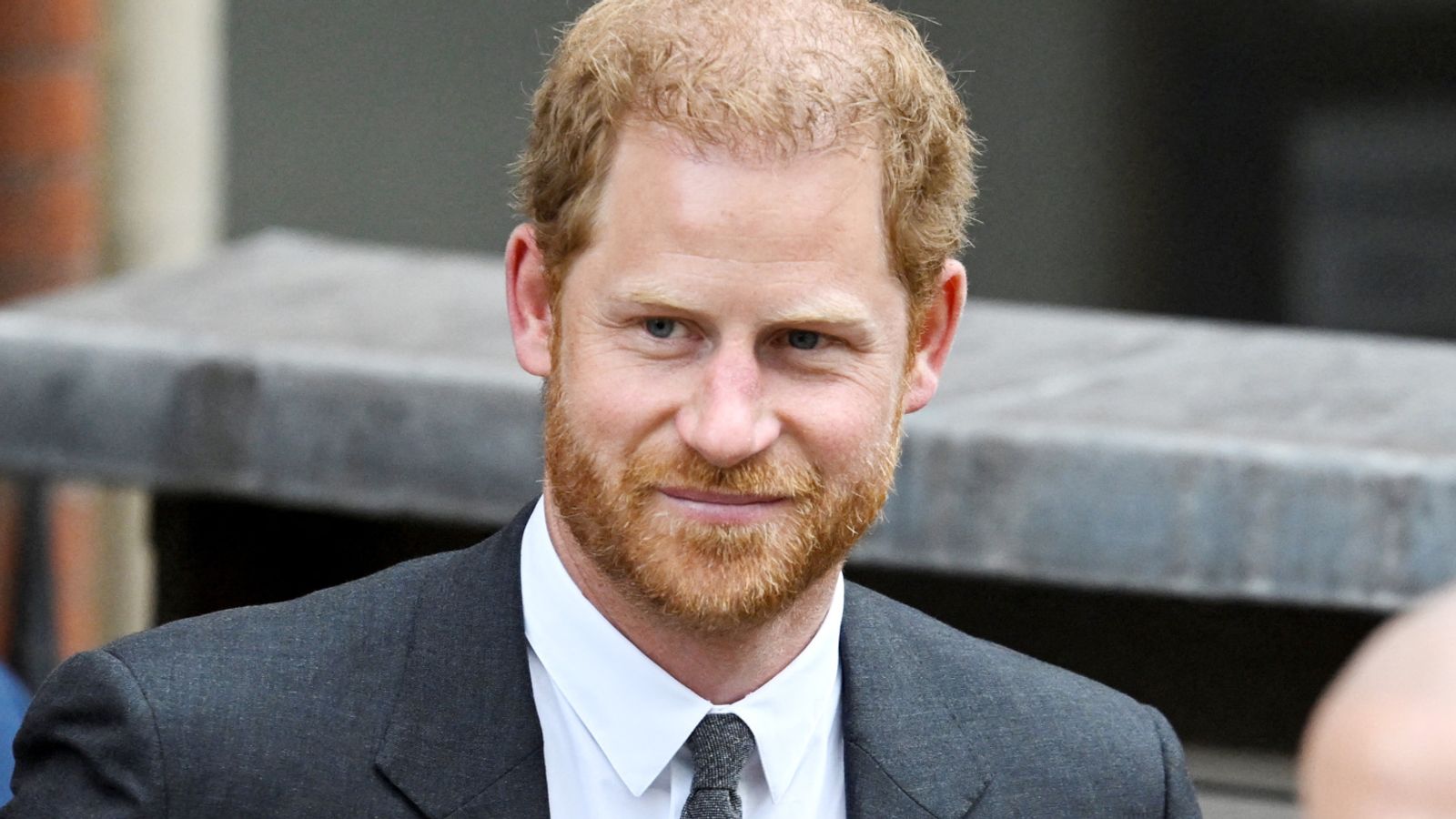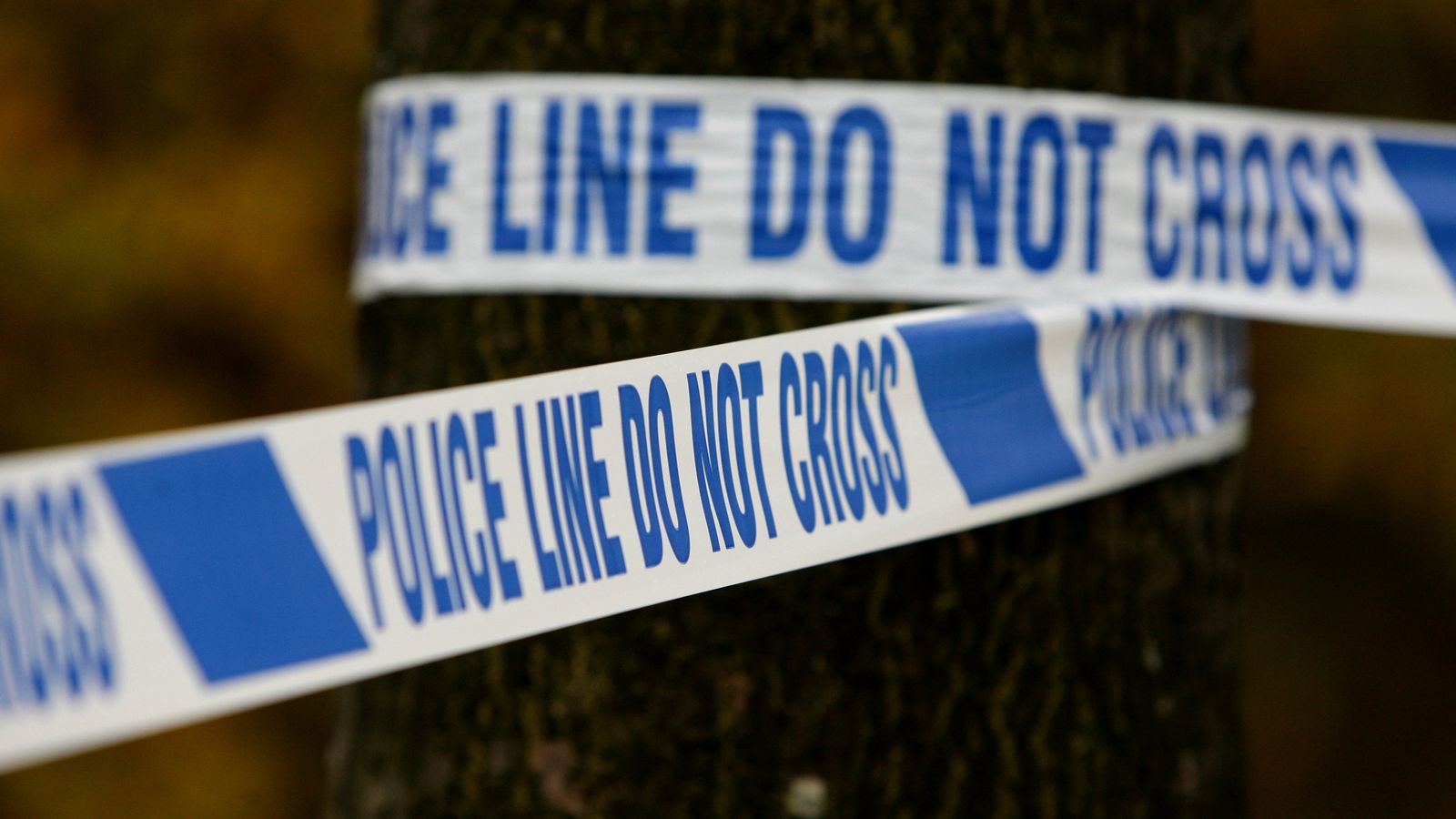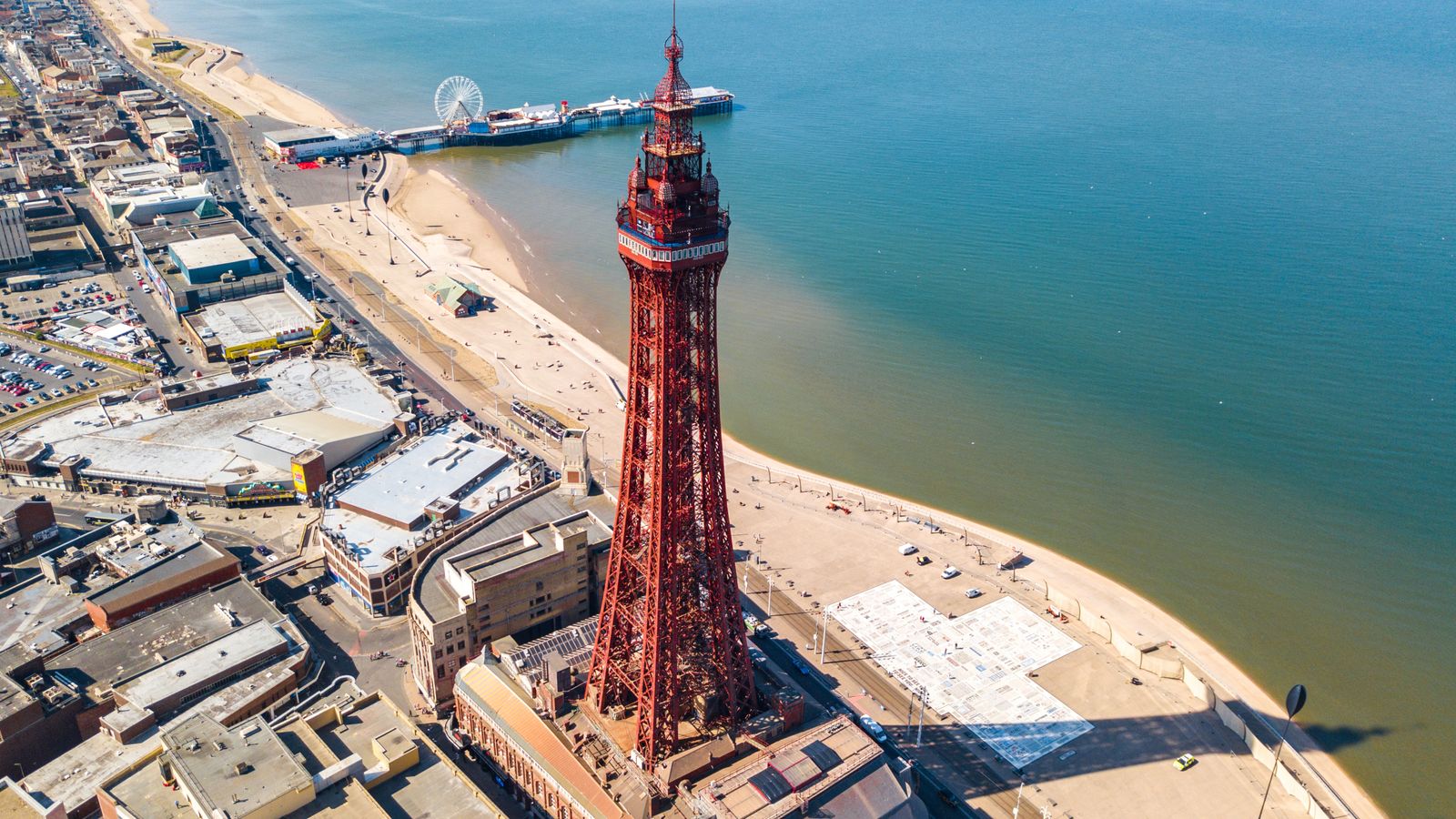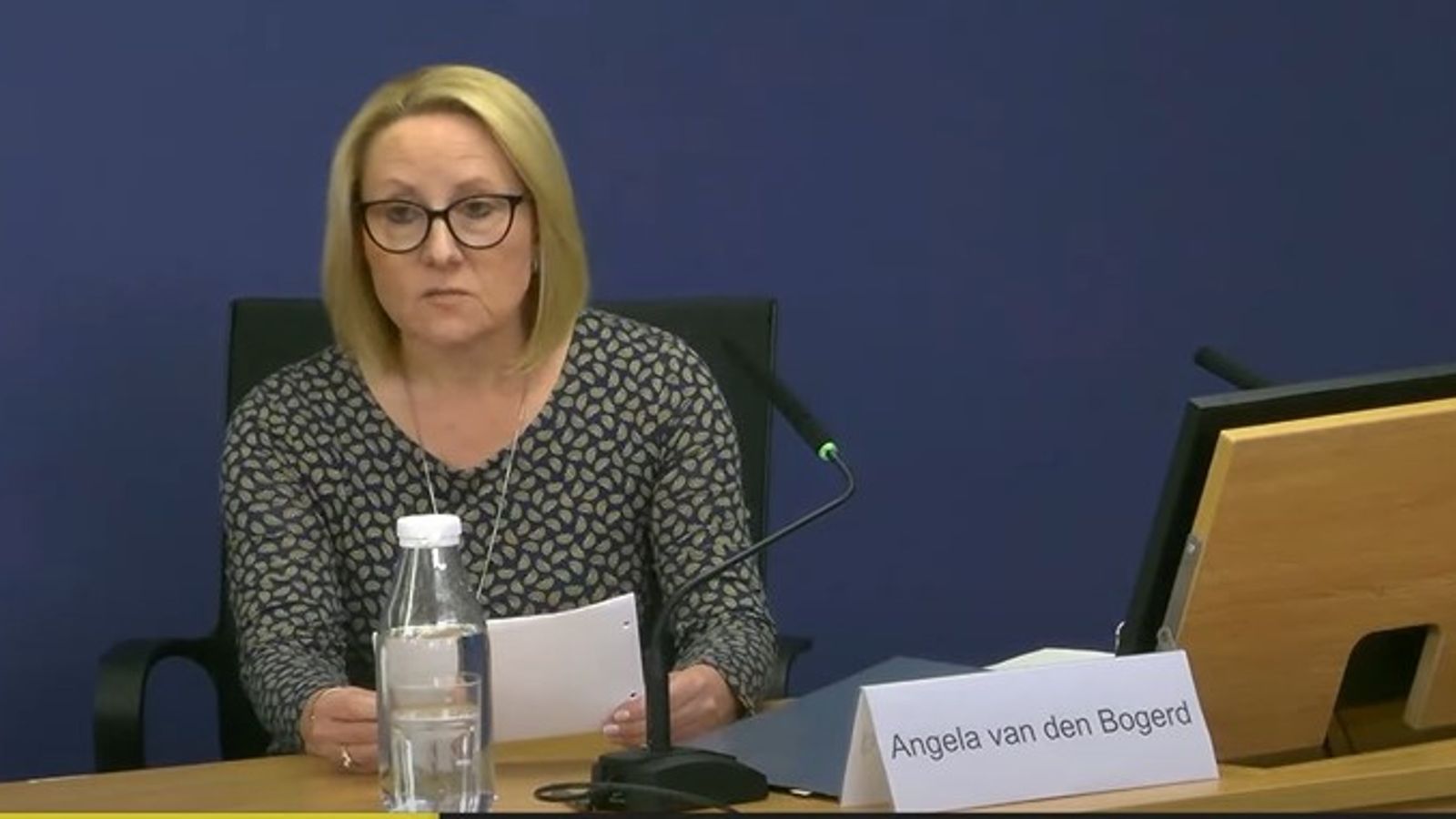
Police have seen an “unprecedented” rise in the threat from terrorism following the conflict in Gaza, which has become a “radicalisation moment”, Britain’s most senior counter-terrorism officer has said.
Metropolitan Police assistant commissioner Matt Jukes said there had been a 25% increase in intelligence coming into counter-terrorism police, “a significant increase on our usual levels”.
“In simple terms, that means more intelligence about potential terrorism and violent extremism, flowing through our systems than in recent years, from online reports, public reports and from MI5,” Mr Jukes told a briefing of journalists.
Having previously served as chief constable for South Wales Police, Mr Jukes has been head of specialist operations at Scotland Yard for the last two years, and said Islamist extremists had been “energised by this conflict”.
“It’s hard to remember a more unstable, dangerous and uncertain world. I have not seen the conditions collide in the way we have in the last months during my tenure,” he said.
“The speed and the scale of the impact of global events are extraordinary, even in the context of our experience.
“If events happen around the world, they will invariably pull a thread in the UK, and particularly in its very diverse city communities, but what we have seen clearly is fear, anxiety, uncertainty, a whole range of very significant reactions amongst UK communities.”
‘Surge’ in calls to anti-terrorism hotline
Since the Hamas attacks on Israel on 7 October there have been 33 arrests for terrorism offences – 19 related to protests, 13 to social media and one to an alleged attack. Seven people have been charged as a result of the arrests and the rest remain on bail or under investigation.
There has been a “surge” in calls to the anti-terrorism hotline and in the two weeks after the initial attack, the number doubled.
The counter-terrorism internet referral unit received over 3,000 referrals for “objectionable” material, 700 of which have been identified as having a link to the UK and potentially breaching legislation.
Of those recently arrested, 20% have been children under the age of 18 and children as young as 11 have been involved in “very troubling conversations” online.
Read more:
Four arrested on suspicion of terrorism offences
Spy chief says MI5 ‘absolutely alert’ to risk of UK terror attack
Drumbeat of war in Middle East gets louder
“That is extraordinary and, I think, demonstrates the volume and the intensity of online rhetoric around the ongoing conflict,” Mr Jukes said.
“We always see spikes after terrorist incidents but what we’ve seen since 7 October has been a spike which is higher and more sustained than ever before. This is playing out online in a way which is, in our experience, unprecedented.
“All of that online extremism is part of a dangerous climate. I think that puts us at a point which we would describe as a radicalisation moment.”
‘Most acute period since Cold War’
The Joint Terrorism Analysis Centre run by MI5, which assesses the UK threat level, has kept the level at “substantial” meaning an attack is “likely” but “continues to review all of this information”, Mr Jukes said.
Scotland Yard has also opened a unit to deal with “hostile state actors”, mainly related to the “triple threat” from Iran, Russia and China.
In the last five years there have been 20 arrests under the Official Secrets Act, but half of those were in 2023, which Mr Jukes described as “the most acute period since the Cold War”.
It comes as Defence Secretary Grant Shapps warned that the world could be engulfed by wars involving China, Russia, North Korea and Iran in the next five years, adding the “era of the peace dividend is over”.
In a speech on 15 January, Mr Shapps spoke directly to NATO allies, urging them to grow their defence budgets, insisting that the UK would strive to reach its own goal of 2.5% “as soon as possible”.
On Friday he added that “it is vital that we continue to lead, deter hostile states and act to defend our country whenever and wherever we need”.
“I would also say that nothing is inevitable. We can deter such threats by being prepared and standing strong with our allies. That is why we are investing in our armed forces and our allies,” he told The Telegraph.
“This is not about being alarmist. It’s about being ready and being in the right place to defend our interests.”
His warning was echoed by German defence minister, Boris Pistorius, who said on Friday that Russia could attack NATO within five years.
‘Danger of history repeating itself’
Despite the looming international threat, the size of the British Army is shrinking, and fast, according to one former chief of the general staff.
Under government proposals, the size of the regular army will be cut from 82,000 troops to 73,000 by 2025, but analysis by The Times newspaper suggested numbers could drop below that as soon as next year and continue on a steep downward trajectory.
Click to subscribe to the Sky News Daily wherever you get your podcasts
General Lord Dannatt warned of a “serious danger of history repeating itself” unless more is invested in Britain’s armed forces.
He called for pay and conditions to be “urgently reviewed” and drew parallels with the 1930s when the “woeful” state of the UK’s armed forces failed to deter Hitler.
A spokesperson for the Ministry of Defence said: “Whilst there are undoubted challenges to military recruitment, people are at the heart of the military and the MoD is taking tangible and concrete steps to address shortfalls. More widely the UK is spending more than £50bn on defence this year to protect our interests wherever they are threatened.”
Defence Secretary Grant Shapps will be appearing on Sky News’ Trevor Phillips on Sunday Morning programme tomorrow from 8.30am.

